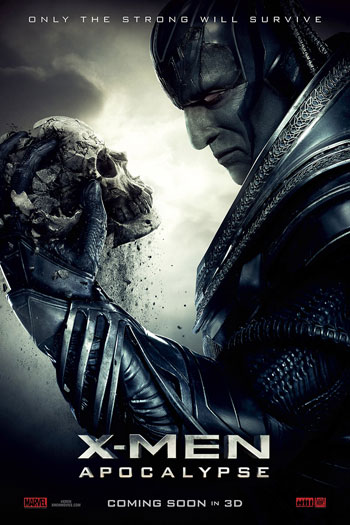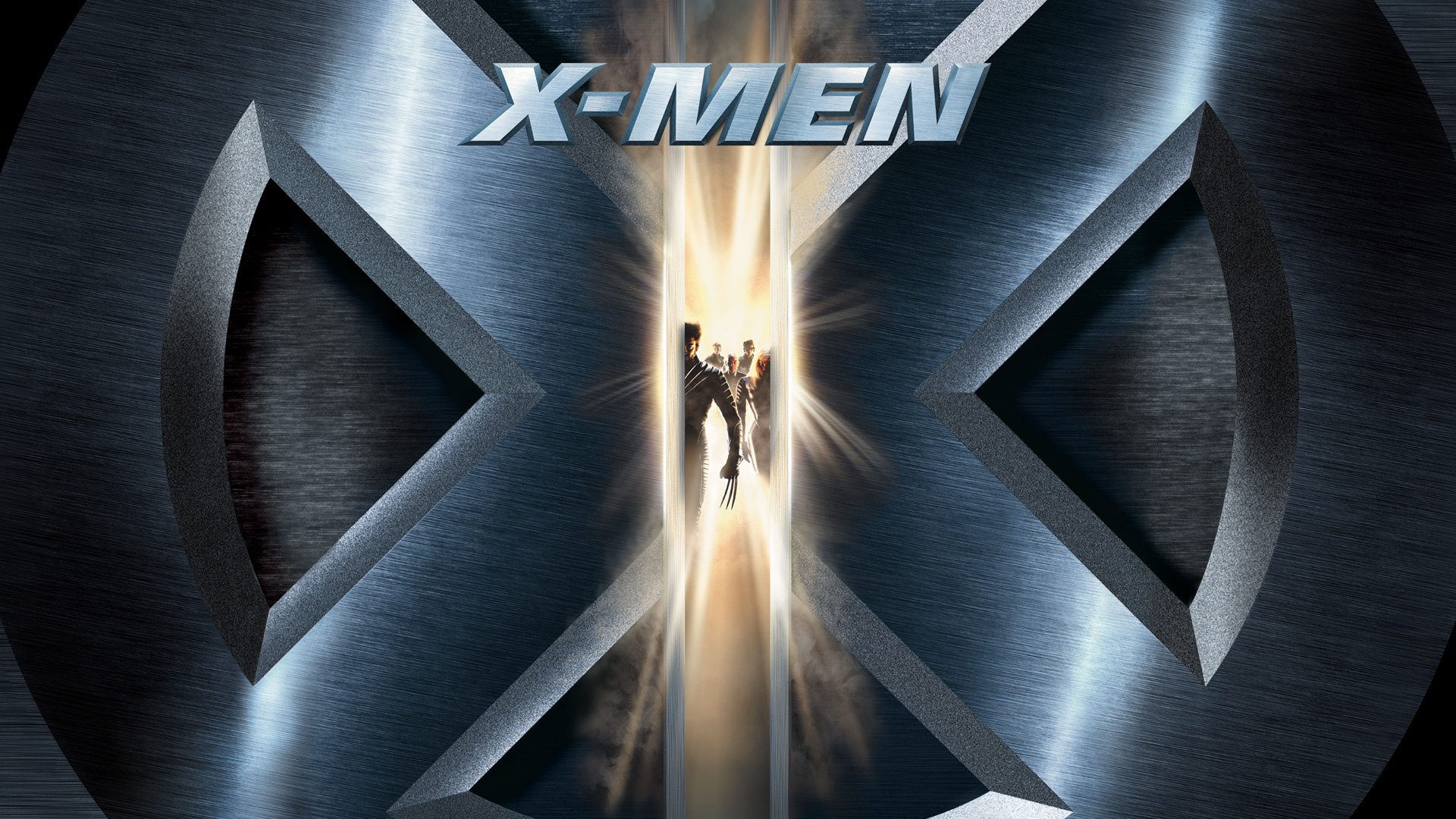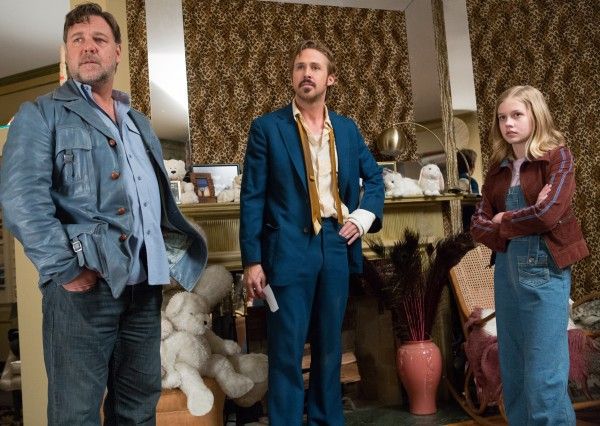To make matters worse, this girl wants to be taken seriously, to be something more than mere window dressing. Given the result, that should not happen. She may dream of something more and convince herself that such a role is possible. Unfortunately for her, however, the people responsible for filling her out and making her seem like a real, full-blooded woman have failed. She's there for surface enjoyment, nothing more.
 |
| Gratuitous promotional poster. |
For a breather, let's address one of the few positives in the film: the relationship between Magneto (Michael Fassbender) and Professor X (James McAvoy). The dynamic between the two is compelling because the actors portraying them put in solid performances, easily the best showings in the film. One might wonder how it would have turned out if the focus on them was tighter than the diluted final version.
Back to the bad stuff.
Bryan Singer, the director, obviously forgot the things that worked with First Class and Days of Future Past. Why else would he try to cram in five or six origin stories into an already overloaded film? The two aforementioned X-Men installments had a tighter lens and did not try to do too much, while Apocalypse did. As a result, the movie turned into a spin-off of celebrity spotting (minus the element of surprise). When a character popped-up, got his signature look, or became fully realized the audience would go: "Ooh, look!"
Then there's good ol' Apocalypse (Oscar Isaac), the ancient mutant with a god complex. He rises from an ancient slumber to reclaim the world he believes is his to rule. To do this, he picks out his Four Horsemen, Storm (Alexandra Shipp), Psylocke (Olivia Munn), Angel (Ben Hardy), and Magneto. Also, he has absolutely no complexity, and he is prone to random fits of shouting seemingly bad-ass but pointless lines. In other words, Apocalypse could not be a more cliched bad guy. Simon Kinberg, the guy who got credit for writing the screenplay, seems to have taken the easy way out when it comes to creating an antagonist.
 |
| Can you get any more cliched? I think not. |
Another thing that gets skimmed over are the performances. For every unnecessary line Apocalypse has, the rest of the cast loses an opportunity to give this film a greater class. This is especially true with Jennifer Lawrence, whose performance as Mystique is essentially ungradable. Nicholas Hoult's Beast, Rose Byrne's Moira, Tye Sheridan's Scott Summers, and Sophie Turner's Jean Grey also fall under this category.
 |
| This is the black sheep of the series, thus far. |






